The concept of a circular economy, doughnut economics and designing end of life is starting to gain traction, but what does that mean in practice and who is doing it well?

Ellen McArthur is a sailor, and when sailing around the world, saw the limitations of our finite resource. She redirected her mission to circular economies and set up a foundation in her name to accelerate a transition to a circular economy at the earliest convenience.
Her foundation is a vast information bible and an essential resource for any company wanting to transition. It also celebrates innovative companies that are exploring and integrating their ideas into practice. But what does it actually mean?
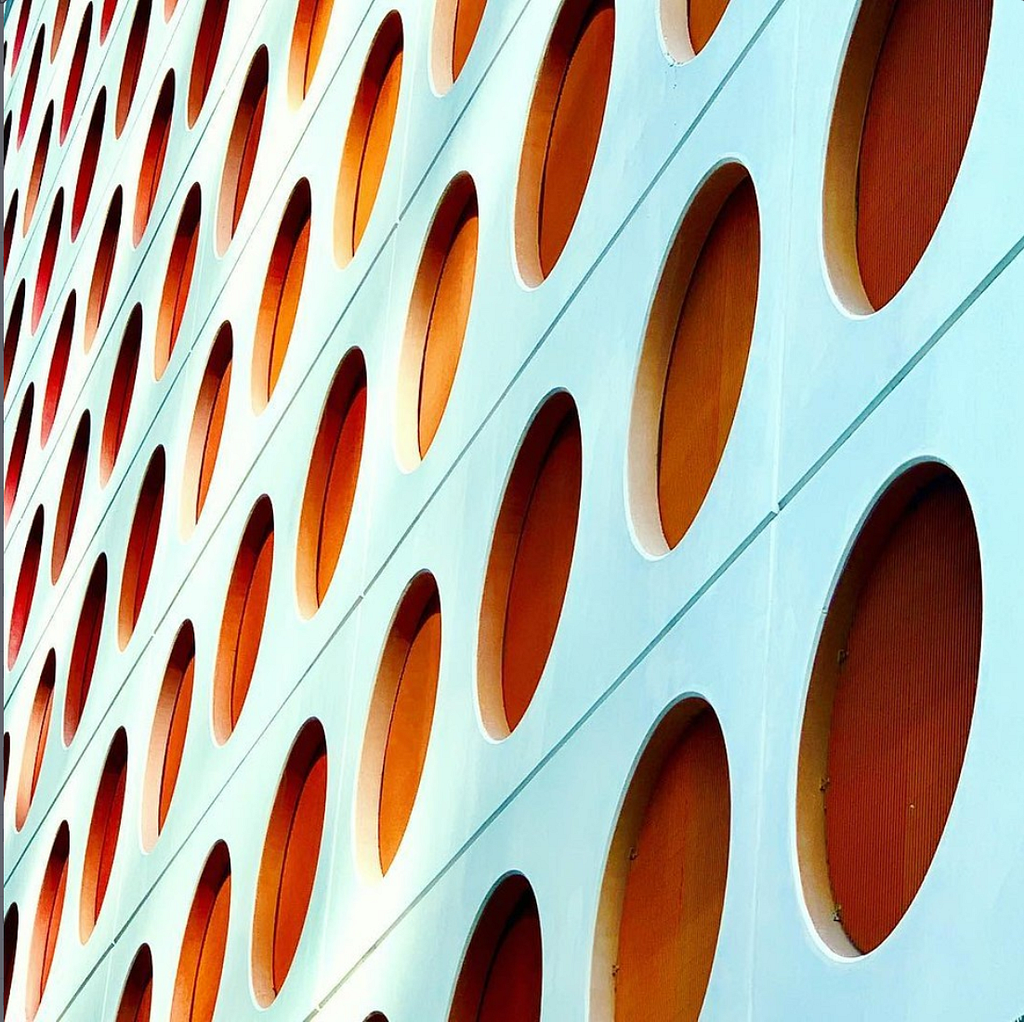
IN A CIRCULAR FASHION
After a typically short use span, 86% of clothing is either landfilled or burned; 13% is downcycled and less than 1% is recycled into new clothes. At the same time, it has been estimated that the global production of textiles is accountable for 20% of industrial wastewater and emits more greenhouse gases than international aviation and shipping combined.* The fashion industry has finally been caught out in its destructive impact globally and there is much talk about how to transform this from a cheap, disposable, and highly polluting industry with more substantial, sustainable practices. The inclusion of a circularly model is a key part of this. There has been a huge movement in denim, with large number of big denim factories and manufacturers getting involved in a campaign to reduce chemicals and reuse of materials and resources in the making of them. Francois Souchet, from Ellen McArthur says —
“More companies joining the Jeans Redesign demonstrates the appetite in the industry for practical solutions that support the transition to a thriving fashion industry, where all our clothes are used for longer, are made from safe and renewable materials and are made to be made again. This kind of industry-wide shift needs companies from across fashion to work together. Fabric mills are vital to this transformation and we are excited to bring them on board as part of the Jeans Redesign.”
Another jean brand that is working with a circular model is that of Hiut Jeans in West Wales. By working locally, and with pride in the quality of their work they offer free repairs and returns for life, ensuring that the jeans that they make are having a lifetime of love and wear. They’re also campaigning on the ‘no wash’ so reducing the impact of clothes washing too.
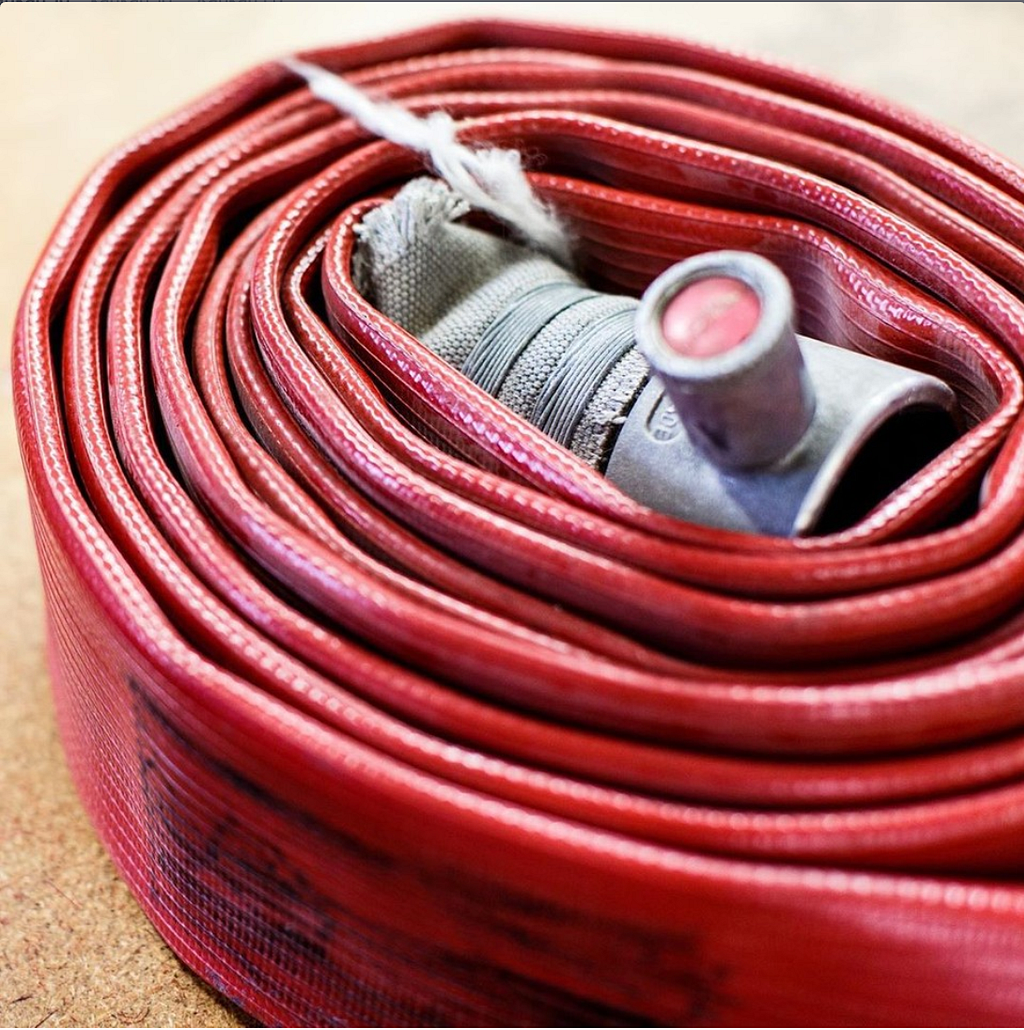
A SHARING COMMUNITY
The sharing communities are growing exponentially — you can see this best with transport and car ownership in cities with Zipcar, drive now and blablacar and getaround and with the meteoric rise of Airbnb. The digital community is helping us get more connected and peer to peer sharing — for financial, items, clothing or homes has now become mainstream.
Having a community that trusts each other with each other's tool shed might feel like we’re stepping back into the 1950s but that’s no bad thing. There is no need for us all to own the same thing only to have to store it, maintain it and remember we have it.
Our favourite peer to peer sites would have to be Airbnb for transforming the way to travel, Hurr collective for transforming how our wardrobes work, Funding Circle for transforming business borrowing and drive now for making us realise we don’t need a car.
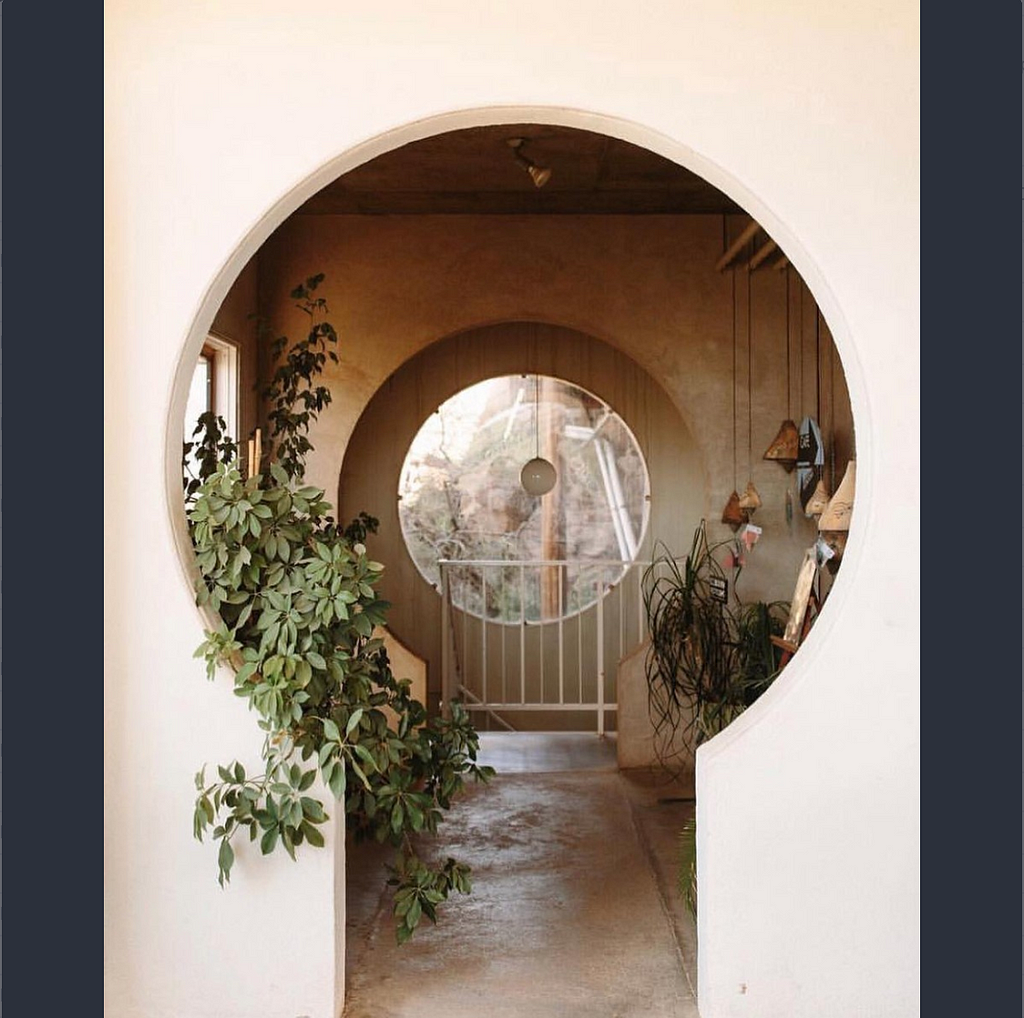
WASTED FOR CONSUMER GOODS
An issue close to our hearts is the vast issue of waste in the bathroom and in the home in general. Our systems we are reliant upon now are built upon many years of designing intelligent supply chains that transport products from all over the world cheaply and easily. We are used to paying affordable prices, the same products everywhere and have the convenience of getting it. But lack of design and no consideration for end of life for the packaging has left us with huge swaths of waste with no ‘intelligent supply chains’ to deal with it. It’s like the job has been half done, incomplete, and unthought through. This quickly needs to be addressed and a redesign of these systems needs to happen before our oceans and rivers and lands are chocked.
Loop is doing a great job at revolutionising the way we purchase our every day, and using a system of return and reuse into the supply chain at the consumers' end.
The great Unpackaged has been at the frontline of this issue for the last 10 years and has now found a perfect home in the isles of Waitrose. Hallelujah. Let's hope this moves 2020 into a new chapter and this is the turning of the tide.
We at KANKAN, are keen to introduce more people to the idea of refilling and reusing whilst also making this process easy and luxurious. Those ambitions led us to look at circular resources —and decided to use a material that was commonplace, had infinite re-use, and therefore was highly valued as waste material. Whilst this is still a single-use item, we have considered its end of use and as it’s infinitely recyclable, the resource is circular.
Whilst we all might be approaching things differently, we believe our goals are the same. All these brands want to rewrite what we deem of value. Too long the value has been skewed to the front, losing much of it once in use. But these new models are allowing us to find increased value in what we own, and by sharing we see that value increases, and in that, we will take better care of it.
Here’s to a long term investment in things and each other.

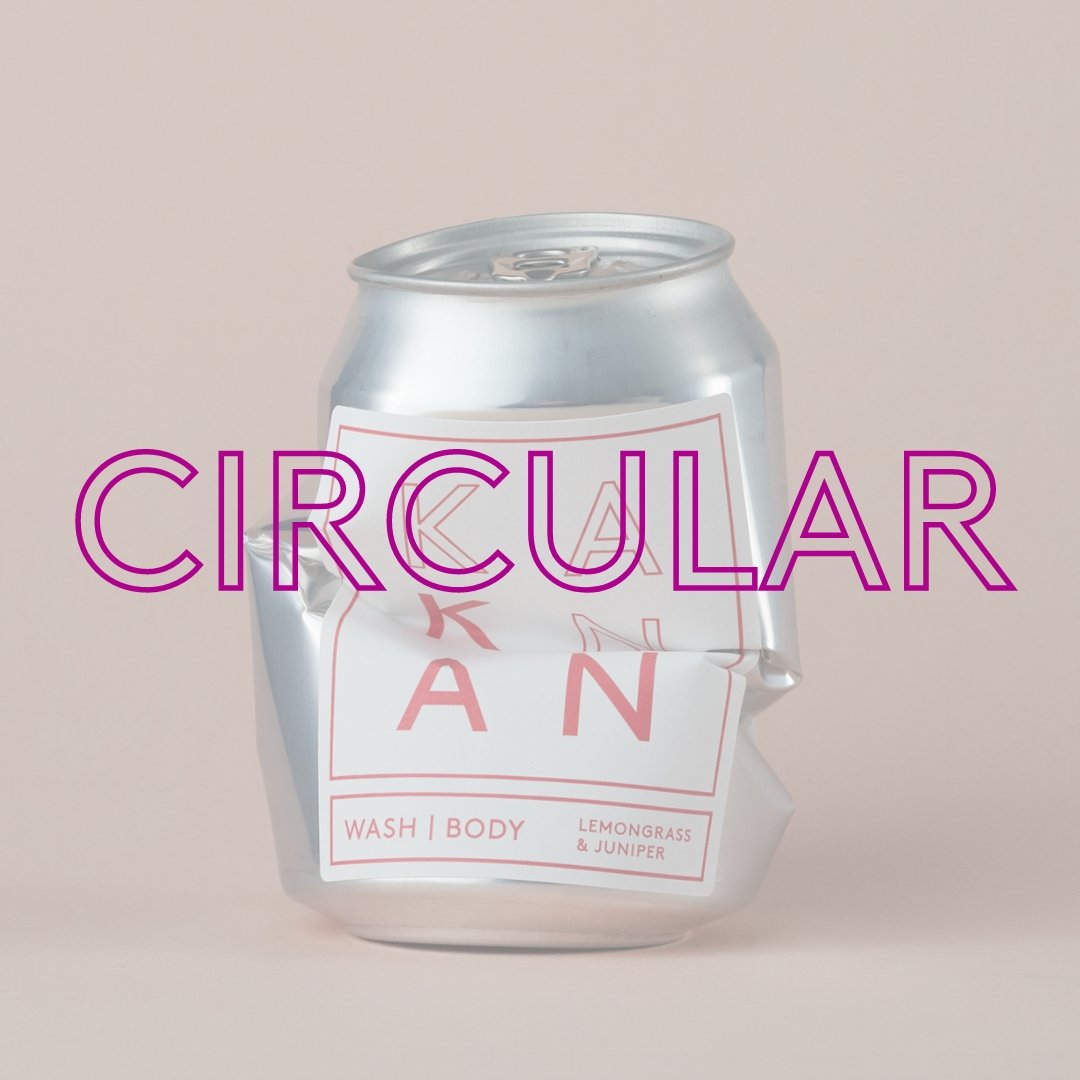

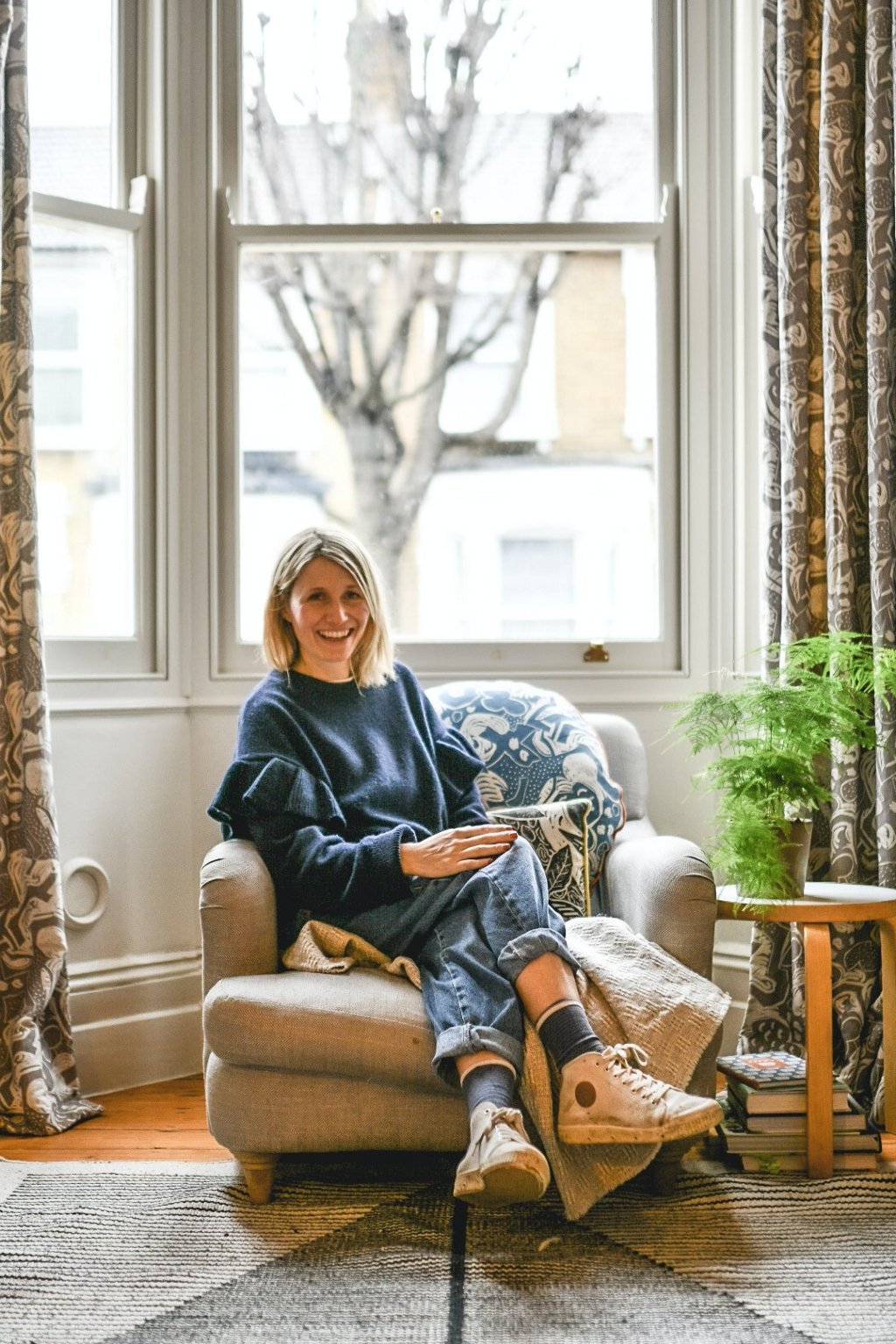
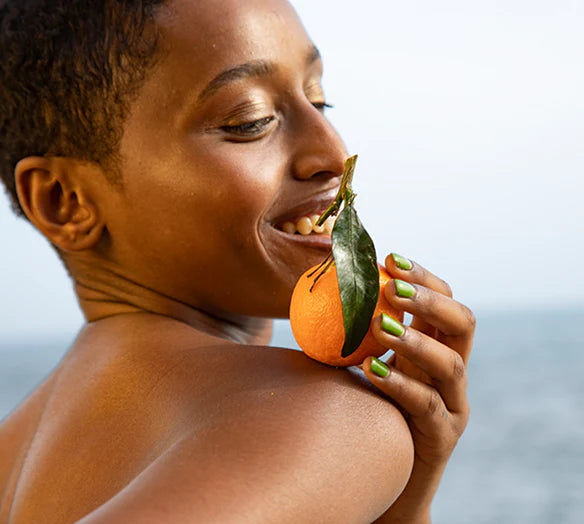
Leave a comment
This site is protected by hCaptcha and the hCaptcha Privacy Policy and Terms of Service apply.